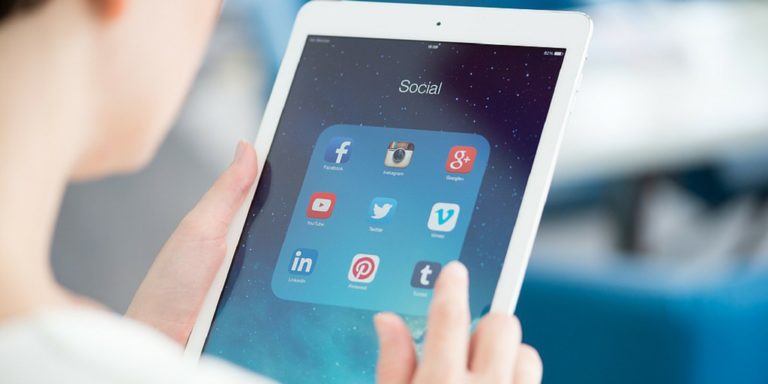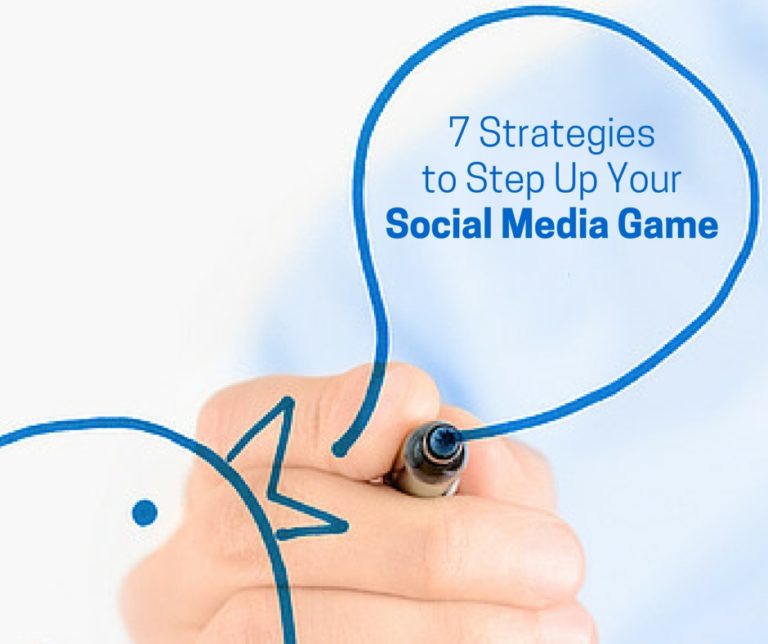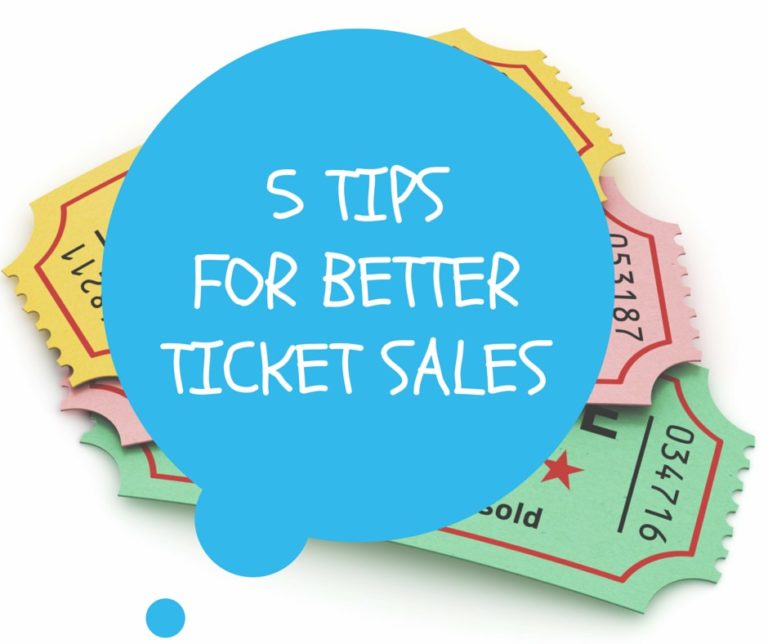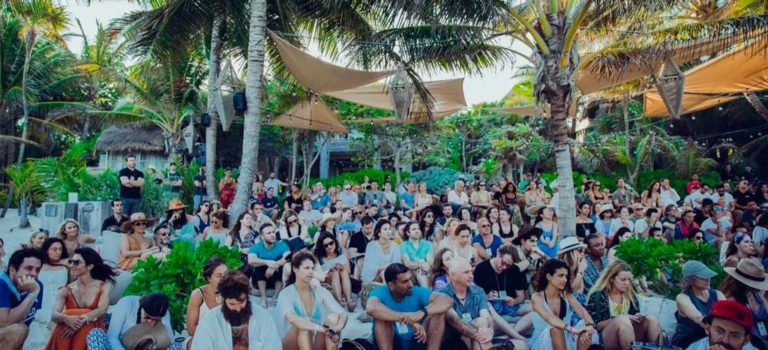Marketing departments for companies are constantly looking for new ways to network with their current audience and generate overall brand awareness. Especially in the omnichannel sector, companies find themselves leaning on the digital side of their marketing efforts, with 72.2% of overall marketing budgets going toward digital channels. However, as statistics will show, experiential marketing and events remain the leader in successful marketing tactics at 38.34%, followed by digital advertising (19.69%), content marketing (12.44%), partnerships/sponsorships (9.33%), and traditional advertising (7.25%).
As a marketer, it is vital to find a balance between experiential marketing and events and other marketing tactics. In an omnichannel setting, digital channels can help spread awareness about these marketing experiences and events. Keep reading to learn more about what experiential marketing is all about, how it can benefit your company, and how to successfully utilize this tactic in today’s market.
What Is Experiential Marketing?
Chances are you’ve heard about experiential marketing from one of its other names, such as grassroots marketing, engagement marketing, or live marketing. Experiential marketing is a marketing tactic used to engage with people and lets consumers experience a company’s brand. As opposed to traditional marketing tactics where the consumer is a passive receiver of the brand’s message, experiential marketing allows the consumer to be an active participant in the marketing message.
Experiential marketing campaigns are a great tool for marketers to utilize because they have very few limits. This type of marketing can be as small as providing product samples in a grocery store to as big as partnering with a celebrity to endorse your product at an event. As long as the experience or event makes sense for your brand and includes your current and potential consumers, it can bring great success and contribute to your bottom line.
The Benefits of Experiential Marketing Events
As humans, a lot of our decisions are emotion-based. That is, our emotions create preferences that lead to our decision-making. This is a primary reason why experiential events can be such an effective experiential marketing strategy. Marketing events that let consumers experience the brand on a personal, direct level help them grow a preference for the brand. This leads to consumers feeling connected with rather than sold to, which greatly influences their overall view of your brand.
An example of how experiential events can drive emotions and build a relationship with consumers is the Lean Cuisine #WeighThis campaign. Lean Cuisine creates meals that are geared toward weight loss by providing portioned, nutritious, and calorie-conscious meals. For their campaign, Lean Cuisine created a gallery of scales in New York’s Grand Central Station and invited women to “weigh in.” These scales allowed women to write down what they really want to be weighed on, including things like accomplishments and proud moments.
This campaign targeted women who feel like their physical appearance is always being judged or pushed to be changed. It created a sense of trust between the brand and its target audience by showing consumers that the brand sees beyond their physical attributes and cares for their consumers on a deeper level. Instead of being sold on a weight loss/management product, consumers created a bond with the brand and in turn created a preference for it that will lead to purchasing.
Experiential marketing campaigns have some other key benefits to consider. This type of marketing also:
Increases Consumer Engagement
Customer engagement is crucial when it comes to a brand’s success. Studies have shown that 84% of firms that focus on improving their customer experience generate higher revenue. Experiential marketing events are one of the few marketing tactics that allow for a high amount of direct consumer engagement. Although consumers can engage on a digital platform via tactics like social media polls, the format limits how much consumers can engage with the brand and its products. Experiential marketing events are geared toward consumer engagement and typically involve a way for consumers to try a brand’s product or experience a brand’s ambiance.
Generates Leads Through Word-of-Mouth
Since word-of-mouth marketing brings in five times more sales than paid marketing, it’s no wonder that event planners use it to create buzz around their products and overall brand. Experiential marketing events are a great way to achieve this, as they create immersive experiences for consumers that make them eager to share their opinions about the brand. A great benefit of word-of-mouth marketing is the opportunity for consumers to build a community around your brand, which in turn leads to a growing number of loyal consumers. Experiential marketing events bring these current and potential consumers together, build a community, and stimulate word-of-mouth.
Boosts Brand Loyalty
65% of revenue in most companies comes from repeat business with existing consumers, which makes brand loyalty a top priority for most successful companies. Experiential marketing events not only show consumers that your brand is willing to put effort into connecting with them, but also evoke emotions in them about your company that leads to brand loyalty. These events allow consumers to experience your brand on a level that they cannot experience with other marketing tactics.
Best Practices for Effective Experiential Event Marketing
Experiential marketing events may require more effort than other marketing tactics, but the benefits your company will reap from it are unbeatable. From knowing who you are targeting to effectively promoting and strategically executing your event, there are many moving parts involved in planning your experiential event. Follow some of these best practices to help ensure success:
Study Your Target Audience
When it comes to planning your event, it is crucial to consider your target audience. When deciding what kind of experience to provide, you should understand their interests and values, and what problem your brand can solve for them. One successful example is Vans’ House of Vans campaign, which featured pop-ups at skate parks in major cities like NYC and Chicago. Vans is a popular brand among skateboarders, which is something they recognized and geared their event towards. Their event allowed skateboarders to come together, do what they love, and be exposed to the new shoe line that Vans wanted to promote.
Get Them Involved
The point of experiential marketing events is to encourage your consumers to actively engage with your brand by giving them a sense of involvement. M&M mastered consumer involvement in their Flavor Rooms experiential marketing event. In this event, M&M created an immersive pop-up experience in NYC that featured fragranced rooms with themed decor, snacks, and drink lounges. This allowed consumers to fully experience each room, create lasting memories with others, and even snap a few photos. When consumers have the chance to get involved, it helps them associate the brand with a positive experience, which leads to brand loyalty.
Encourage Sharing The Event on Social Media Posts
Social media is a great way to create buzz around your brand and spread the word to potential consumers. When creating your experiential marketing event, you should include a way to encourage your consumers to share your event on social media channels. Since a large portion of consumers can be found on social media, it is a great tool to further your community and expand your overall reach through user-generated content.
Create Authentic, Memorable Experiences
Experiential marketing events are an opportunity to put together creative, immersive, and memorable experiences for consumers. Creating this kind of experience for consumers gets them excited and passionate about your brand. It also sets your brand apart from competitors, as consumers will remember the unique experience.
Experiential Marketing’s Place in Today’s Time
We are undeniably in a digital age, where the majority of consumers and businesses have an online presence. During the recent pandemic, consumers and businesses were drawn to digital channels at a more rapid rate. Experiential marketing events in today’s time should take this into consideration when creating an effective experiential strategy for their event. Utilizing an omnichannel approach in order to promote your event and get consumers involved will prove to be effective to spread the word and generate brand awareness in our digital age.
Expertly Market Your Event With an Array of Promotional Tools
Experiential marketing events are a unique and effective way to market your brand and its products, as it draws consumers into an immersive experience that leaves them with positive feelings about your brand and leads to brand loyalty. These types of events can be executed in a number of ways, giving your brand the opportunity to stand out and connect to consumers. These events can be spread across social channels and can generate word-of-mouth marketing that will contribute to your company’s overall success.
A key factor in creating an experiential marketing plan is ensuring the effective promotion of the event. Promotion of this event will allow for a great turnout, which will lead to more people experiencing your brand and creating a lasting relationship with it. At Events.com, we have all of the event promotion tools you need to ensure optimal attendance at your experiential marketing event. Explore our promotion tools and find out more about how we can help you reach your target audience to create the ultimate experiential marketing event for your brand.






